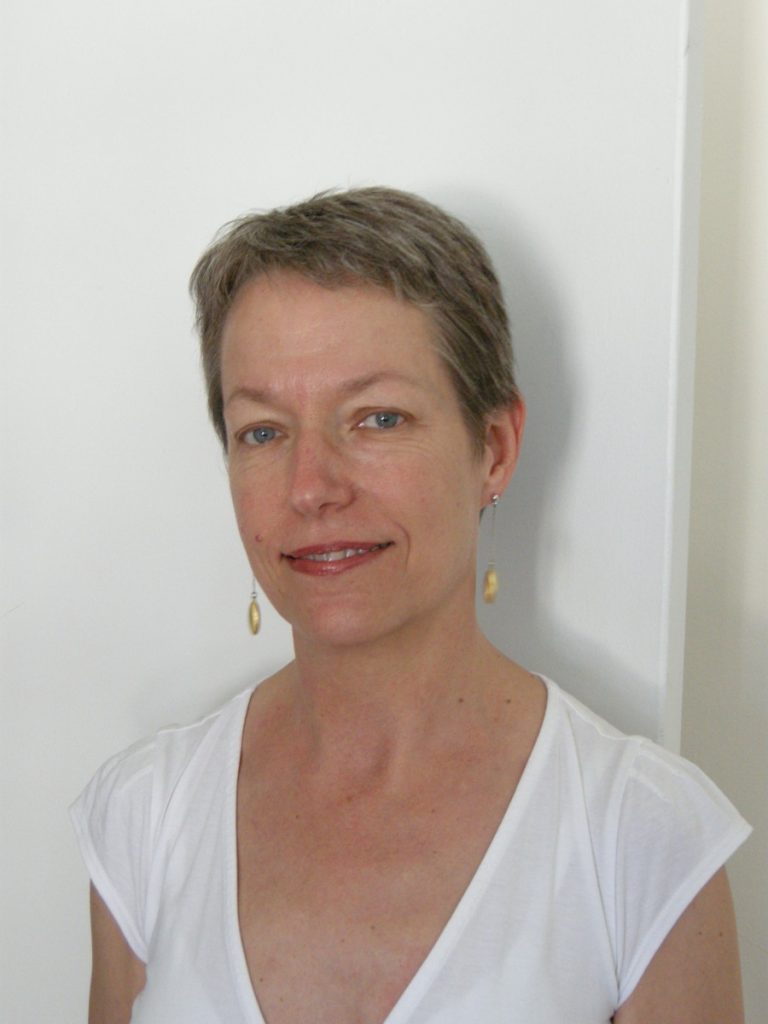
SARAH VEST – STAFF WRITER
Samuel Beckett once said, “Ever tried. Ever failed. No matter. Try again. Fail again. Fail better.” It is this idea of “failing better” that Martha Cooley — Week Nine’s prose writer-in-residence for the Chautauqua Writers’ Center — tries to embrace in her own writing process.
Cooley is the author of three novels: Buy Me Love, The Archivist and Thirty Three Swoons, and a memoir: Guesswork: Reckoning With Loss. Her essays, short fiction and co-translations have appeared in the Los Angeles Review of Books, LitHub, A Public Space, AGNI, The Common, The Southampton Review and Consequence. She is a professor emerita at Adelphi University, where she has taught in the English department for 15 years.
She will be giving a Brown Bag lecture called “Look Again: Some Thoughts on Revision” at 12:15 p.m. EDT today, Aug. 27, on the CHQ Assembly Virtual Porch. She views this discussion as a way to sum up all of her thoughts and discuss the main points of the workshop that she has given over the course of Week Nine. She has structured the lecture as a short story in order to “present it as a meeting between two friends who are both writing.”
According to Cooley, revision can be as simple as copy editing and proofreading — or as complex as looking at character design and point of view. All of these elements need to be looked at whether or not a writer is working on a nonfiction or fiction piece.
Cooley herself has written both fiction and memoir books in her career, and she prefers to see them as different “impulses.” Both forms require imagination and skill, but Cooley has found that different stories demand different formats and that over time, writers can develop an instinct for the right form for the material that is urging itself to the surface.
“With nonfiction, you may have more of a thought through-line to be pursued — a question or a notion that is brought up and being investigated,” Cooley said. “That requires a certain kind of mental activity that’s a little different from what goes on when you’re inventing human beings in settings with problems that you’re dramatizing, with challenges that you’re dramatizing, with hopes and fears that you’re dramatizing.”
Despite the different thought processes needed, Cooley said writers are still looking for “the most vivid and economical and powerful means of presenting what it is (they) want the reader to respond to,” no matter what style they’re writing in. She hopes that people walk away from her Brown Bag unafraid to “fail better” and knowing that having to revise a draft or overhaul a book does not mean they have failed.
“We’re so terrified of failure in our culture; we’ve had it beaten into us that you mustn’t ever fail,” Cooley said. “Which is pretty ludicrous when you think of it, because one can only learn through failure. … Trial and error isn’t failure — it’s investigation.”




